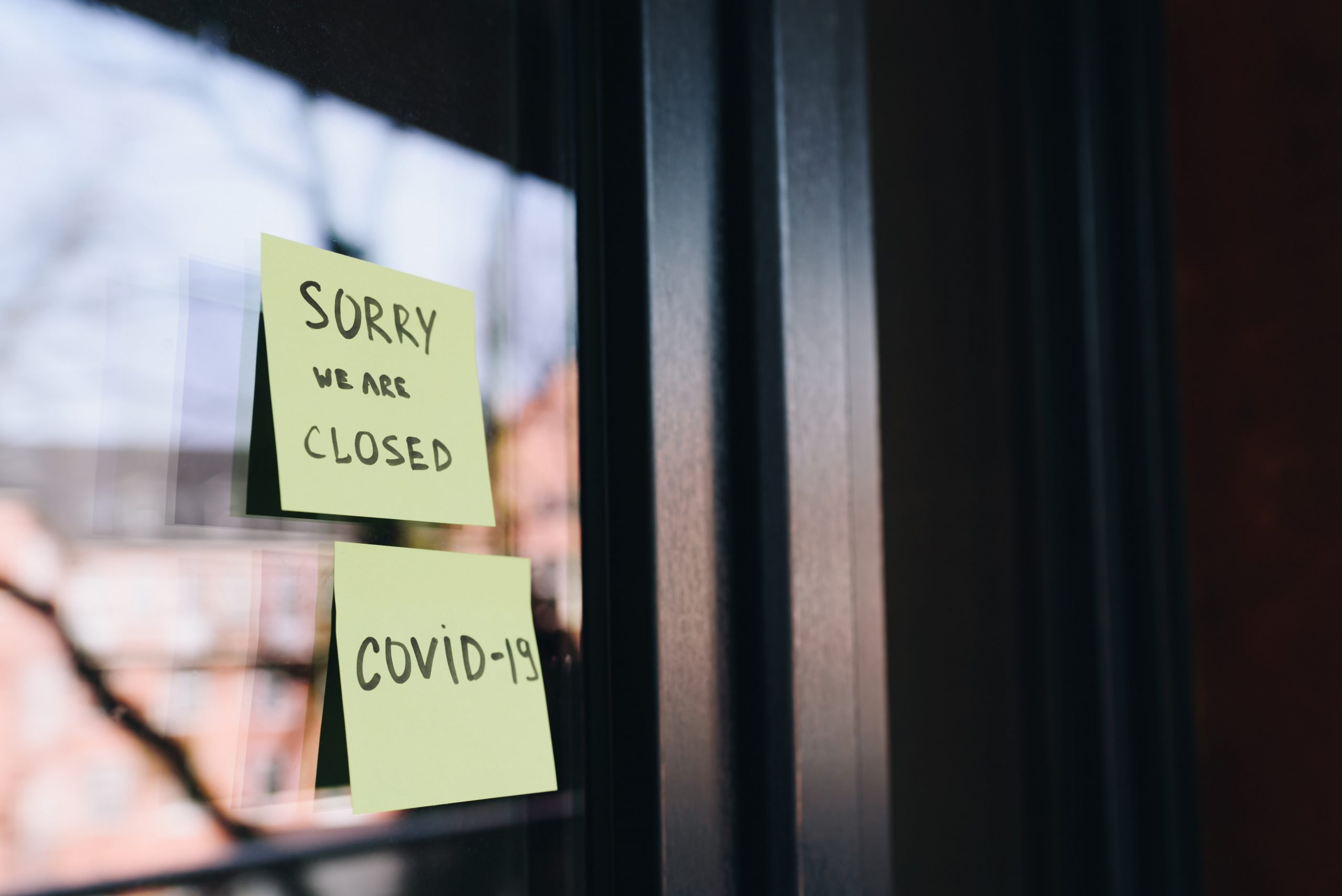According to recent data released by the U.S. Citizenship and Immigration Services (USCIS), applications for U.S. Citizenship surpassed pre-pandemic levels in fiscal year 2023, welcoming 878,500 new citizens from all over the world.
To be eligible for naturalization, applicants must meet certain eligibility requirements set forth in the Immigration and Nationality Act (INA).
The requirements generally include being a lawful permanent resident (LPR) for at least five years or at least three years for spouses of U.S. Citizens. Applicants must establish that they have good moral character, have continuously and physically resided in the United States as a green card holder, be proficient in basic spoken and written English, pass the required civics and English examination, among other requirements. Please note that there are other special naturalization provisions that exempt certain applicants, including certain spouses of U.S. citizens and applicants with military service, from one or more of the general requirements for naturalization.
 Visa Lawyer Blog
Visa Lawyer Blog










